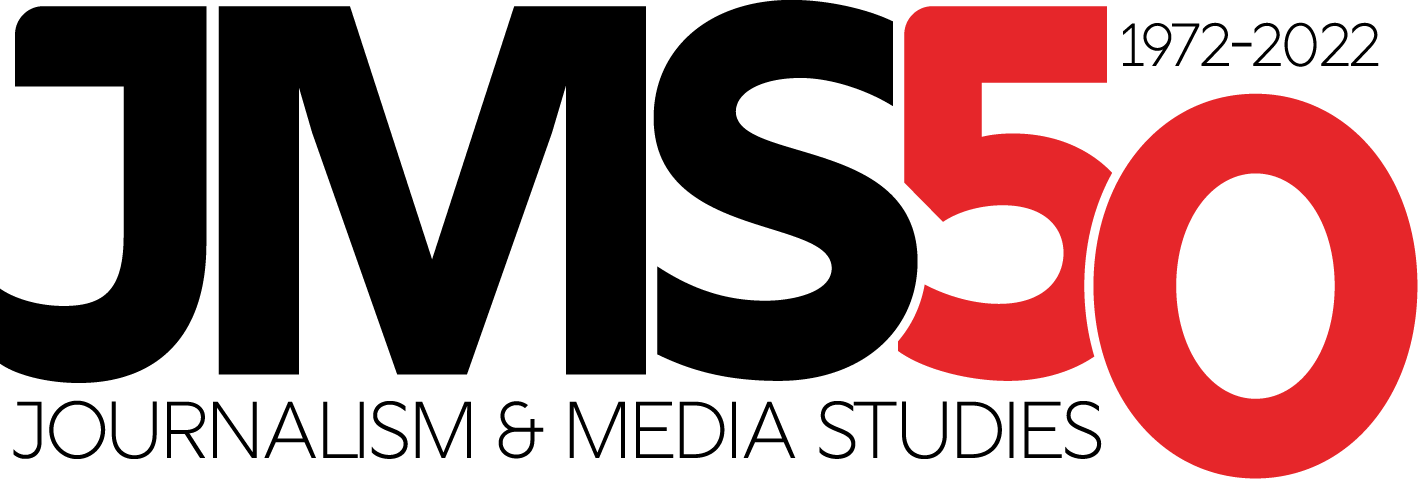By Pulane Choane
In 1999, exactly twenty-three years ago, Leonie Joubert graduated from Rhodes University with her Bachelor of Journalism degree. Shortly thereafter, she pursued her master’s degree in Science Journalism from Stellenbosch University, and as the adage goes, the rest is history.
The writer, author, and trainer has devoted her life to advancing science writing and spreading awareness on matters of the day that are important to society. These issues highlight some of the world’s most perplexing problems and provide sustainable solutions.
Over the last twenty years, she has dedicated her time to exploring prevalent themes such as environmental change, energy policy, and how highly processed food-like products pollute the nutritional landscape and contribute to the hunger-obesity pandemic, Finally, she has looked at why cities leave us hungry, heavy, and sick (the hunger-obesity-poverty paradox).
Using her long-form journalism, she has mastered the ability to inform, educate and convey stories using both the creative power of words and the logical appeal of science. Through her writing pieces, she always aims to find ways that interlace the “person” to the “place” and how the two connect with the complex science issue at hand.
Her extensive work has been published and shared across various local and international media platforms, such as radio, television, print, and online. National Geographic magazine, Farmer’s Weekly, Sunday Tribune, Africa Geographic, and Daily Maverick are some of the many reputable publications that have worked with her and have published her book. Moreover, as an author of more than twenty books, she is also a vital reference point as her work supports many journalists and media organizations, academics, and civil society organizations, who quote her work frequently.
Some of her more notable works include her book, Science Writing 101: Tips from the Newsroom for Effective Science Communication, a guide to upcoming Science journalists. Day Zero: One City’s response to a Record-Breaking Drought is another of her essential collaborations with Associate Professor Gina Ziervogel on how the City of Cape Town responded to its record-breaking drought in 2018 and lessons other municipalities could learn from it.
It’s no wonder she has received several awards and accolades for her countless pieces on Science Journalism and her work as an author of more than ten books. She has won awards which include two honorary Sunday Times Alan Paton Non-Fiction Awards and the 2009 SAB Environmental Journalist of the Year Award, to name a few.
The latest of her long list of awards is from Rhodes University’s School of Journalism and Media Studies. This award seeks to honour the school’s alumni, who, like Leonie, have impacted South African media. She will be lauded with this award at a ceremony on Thursday, 29 September 2022, in Cape Town. She forms one of 50 extraordinary alumni who will be given the award as part of the School’s 50th Anniversary Celebrations over the course of the year.

